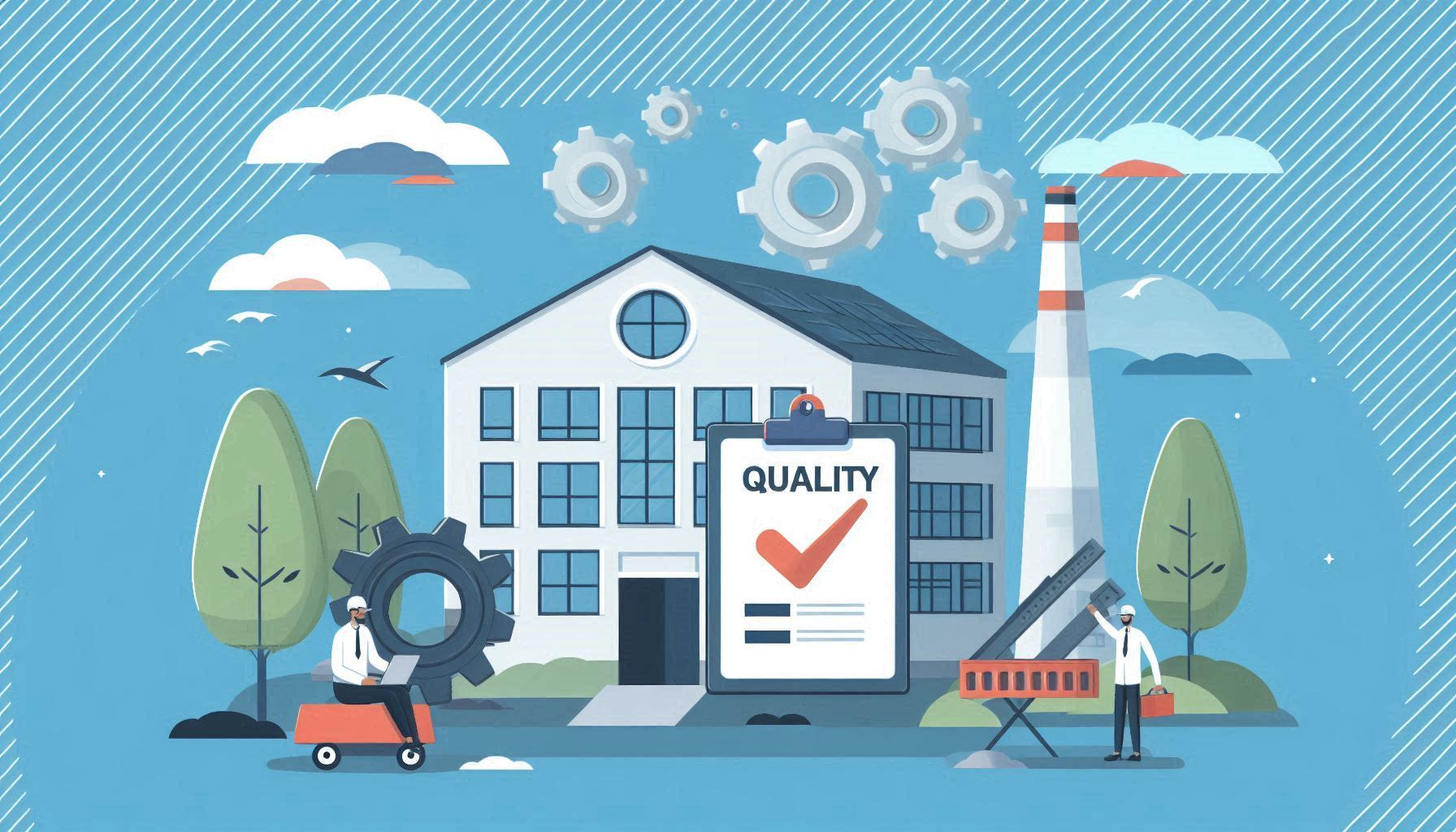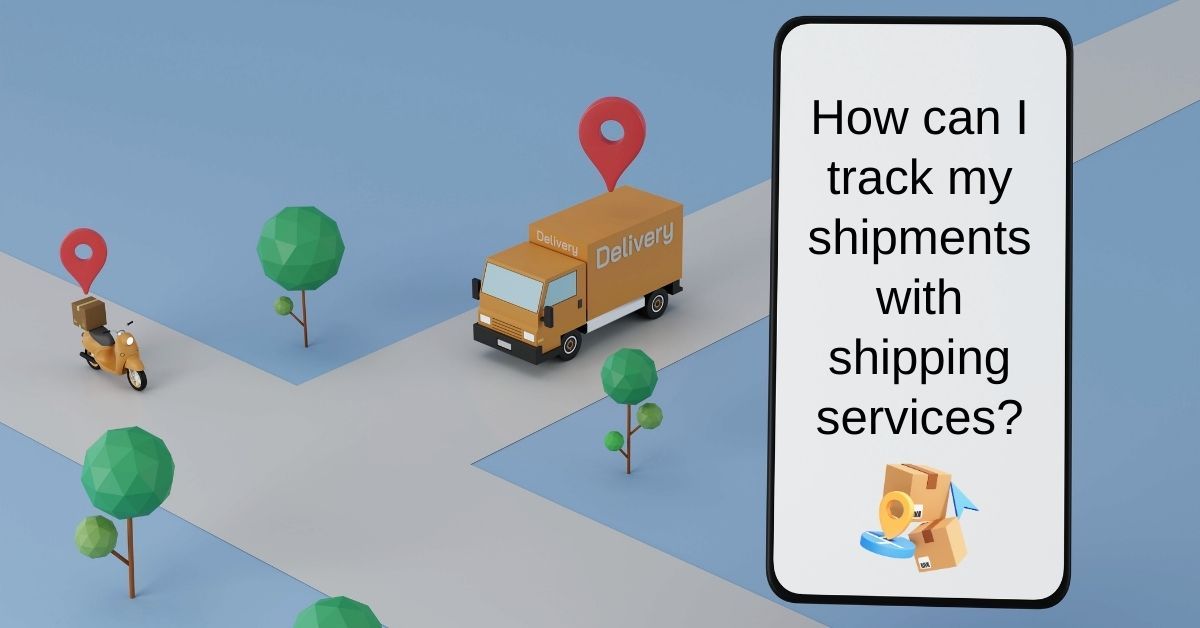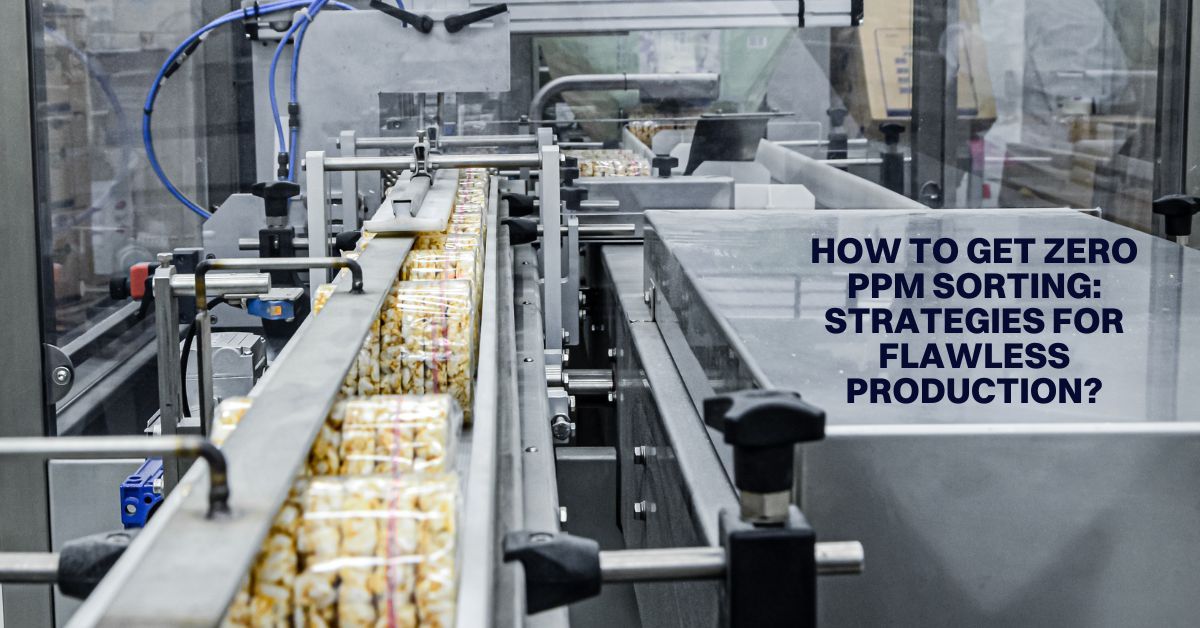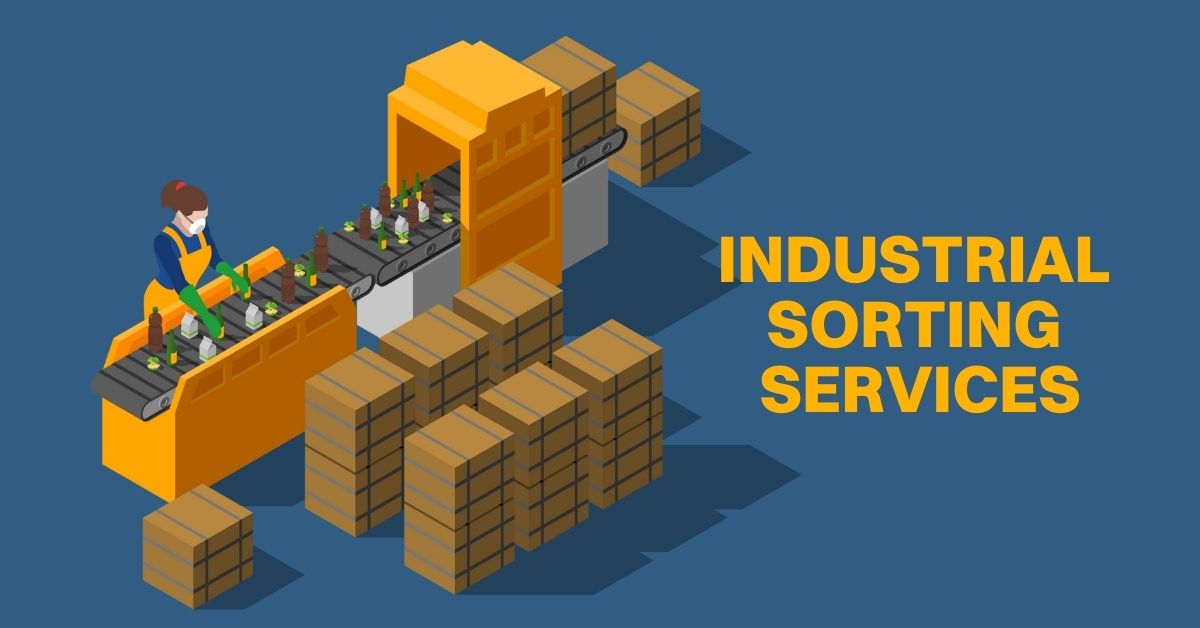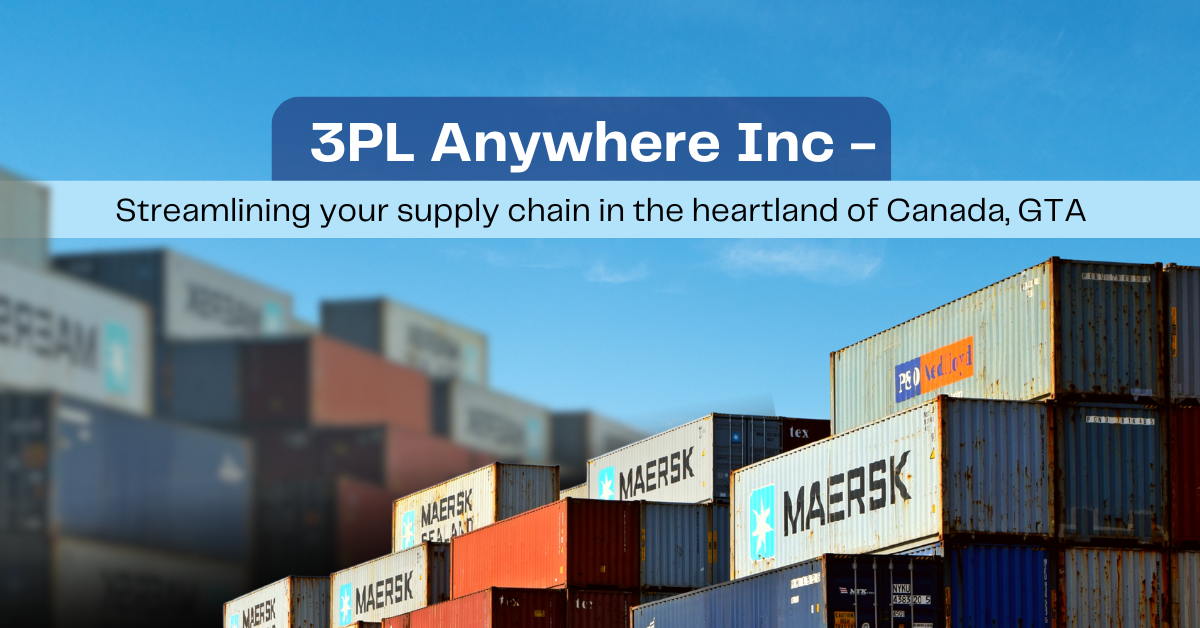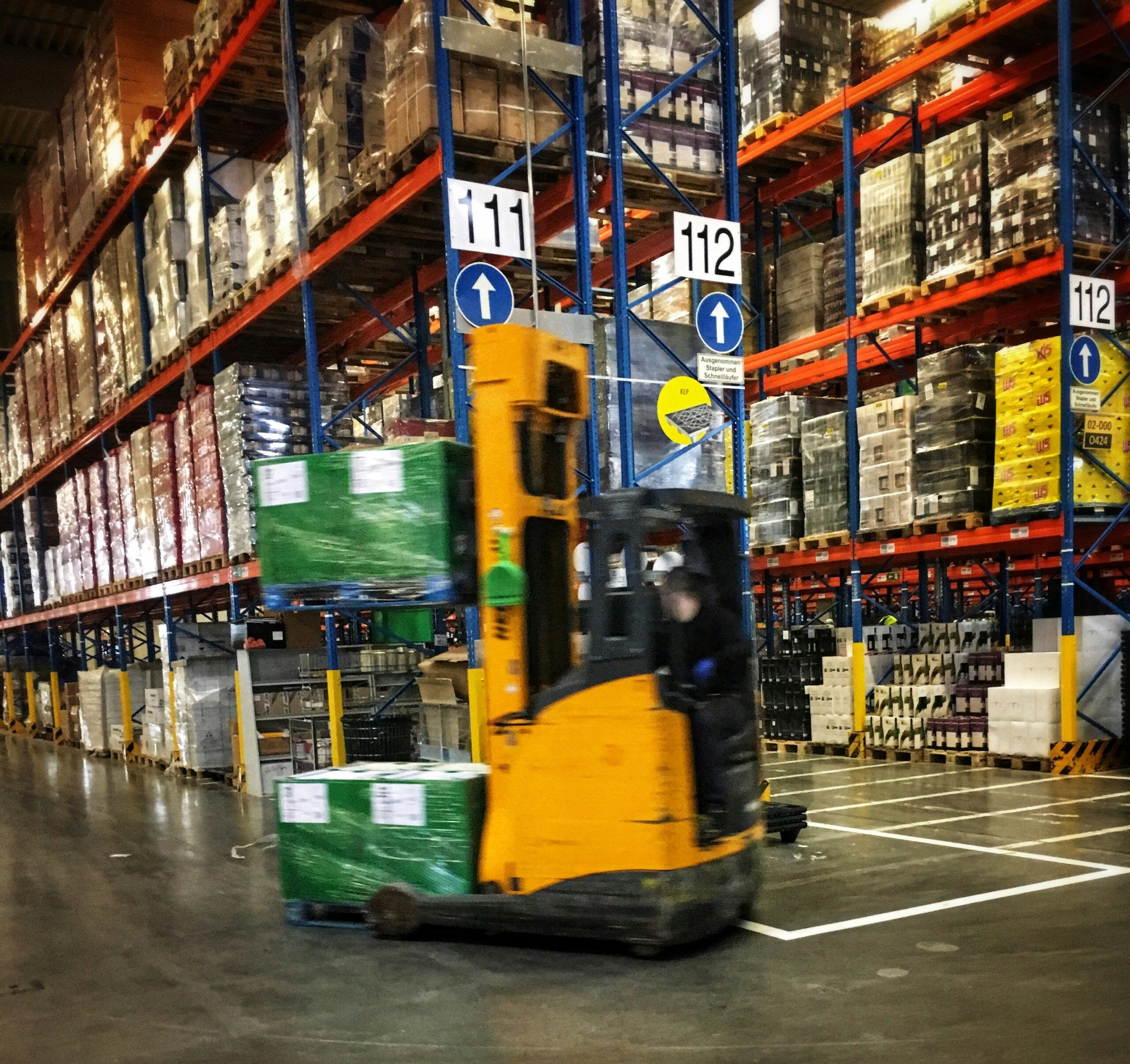How to choose a quality control service provider?
When seeking a good quality control service, it is important to consider the experienced and professional service provider.
A quality control service provider offers services to ensure that the product meets specific quality standards before they reach the market. These providers conduct tests and inspections to check the conformity of products to safety and regulatory norms.
The main aim for a reliable quality control service provider is to help businesses minimize defects, comply with quality norms and improve product reliability and customer satisfaction.
However it is important to choose the best quality control service. It is important to consider certain aspects to make informed choice-
- Experience and expertise: The first important thing to consider is to seek for the service provider with a legacy of experience and expertise in the domain. It is important that they have experience with the products similar to that of yours so that they will be familiar with common quality issues and industry standards.
- Certifications: Make sure that the service provider has relevant certifications or specific industry standards. Accreditation showcase that the provider meets certain quality assurance and regulatory norms.
- Wide range of services: It is important that the service provider offers an assortment of service. Make sure if the provider offers comprehensive quality control services that include testing, inspections, certifications and auditing all under one roof. Working with a service provider who offers wide range of services might be more convenient.
- Global or local: If you are manufacturing and selling products in many countries, consider whether the service provider has presence in those areas. Local expertise will not be sufficient for handling global regulatory needs and cultural nuances.
- Reputation: Check the client reviews and case studies. Feedback from other businesses in the sector can provide good insights into the reliability of the service provider, their quality of service and effectiveness of their quality control measures.
- Technological capacities: Check if the service provider uses the cutting-edge technology and methods. The professional service providers use latest techniques like AI and data analytics to enhance precision and efficiency of quality control processes.
- Communication and reporting: Effective communication is the key. Make sure that the provider offers detailed reports and responds your doubts and queries in no time. Clear line of communication will help one make informed decisions based on their findings.
- Customization: A reputable quality control service provider should be able to adapt their services to meet the specific needs of their clients. Customization is important especially if one has unique product needs or complex supply chains.
- Speed: The expert quality control service is able to perform services quickly and deliver results on time. This comes as a benefit when dealing with large volumes or tight deadlines. Delays in quality controls can result in disruptions to business operations.
- Cost: Cost should not be the main factor when choosing a good service provider, however it is important to consider pricing in relation to services offered. Request the detailed quotes from the short-listed service providers and compare them. Choose the one where you get value for your money.
Evaluate the aforesaid factors and choose a professional quality control service provider that best meets your needs and ensures that the products maintains the highest quality standards.
FAQs
- Benefits of outsourcing quality control service?
Outsourcing quality control service can enhance product quality, minimize costs and allow businesses to focus on core activities. - Why quality control is important?
Quality control is important as it ensures the products meets safety standards, customer expectations and regulatory norms, boosting brand image and consumer trust. - What is quality control service?
It is a step-wise process to verify and maintain a desired level of product quality via testing, inspections and regulatory compliance checks.
